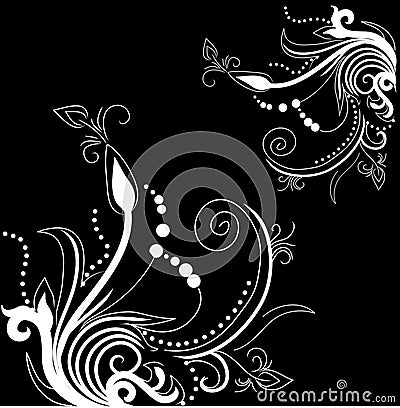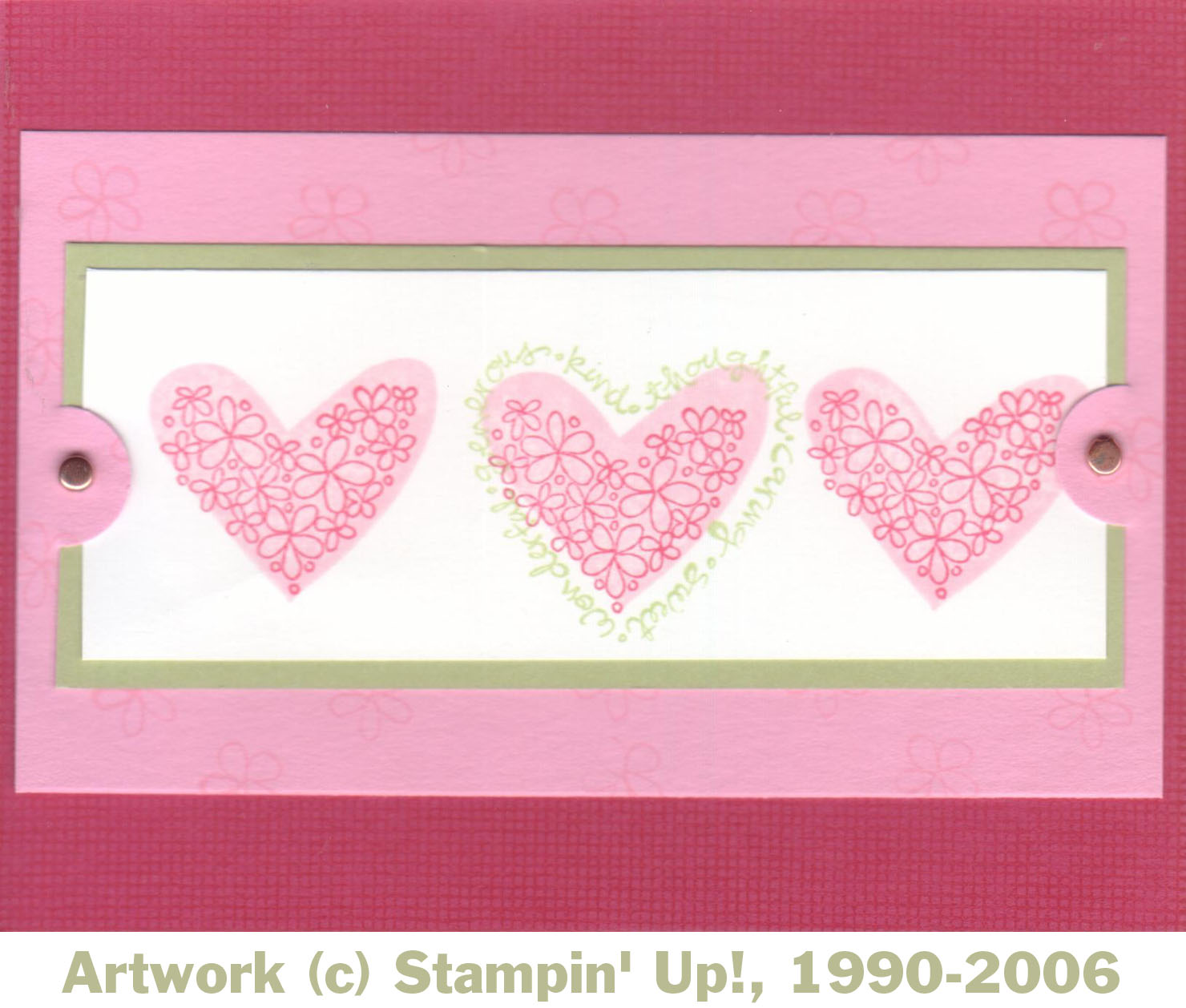Pretty backgrounds
For the song sometimes known as "Pretty Woman", see Oh, Pretty Woman.
Pretty Woman is a 1990 romantic comedy film. The film centers around the titular character, down-on-her-luck prostitute Vivian Ward (Julia Roberts) who is hired by a wealthy businessman and corporate raider, Edward Lewis (Richard Gere) to be his escort for several business functions, and their developing relationship.
Pretty Woman was initially intended to be a dark drama about prostitution in Los Angeles but was reconceptualized into a romantic comedy. The film was a critical success and became one of 1990's highest grossing films, and today is one of the most financially successful entries in the romantic comedy genre, with an estimated gross of $464 million USD. Roberts received a Golden Globe Award for her role, and was nominated for an Academy Award for Best Actress. Screenwriter J. F. Lawton was nominated for a Writers Guild Award and a BAFTA Award. The film was followed by a string of similar romantic comedies, including Runaway Bride, which teamed up Gere and Roberts under the direction of Garry Marshall once again.
For the song sometimes known as "Pretty Woman", see Oh, Pretty Woman.
Pretty Woman is a 1990 romantic comedy film. The film centers around the titular character, down-on-her-luck prostitute Vivian Ward (Julia Roberts) who is hired by a wealthy businessman and corporate raider, Edward Lewis (Richard Gere) to be his escort for several business functions, and their developing relationship.
Pretty Woman was initially intended to be a dark drama about prostitution in Los Angeles but was reconceptualized into a romantic comedy. The film was a critical success and became one of 1990's highest grossing films, and today is one of the most financially successful entries in the romantic comedy genre, with an estimated gross of $464 million USD. Roberts received a Golden Globe Award for her role, and was nominated for an Academy Award for Best Actress. Screenwriter J. F. Lawton was nominated for a Writers Guild Award and a BAFTA Award. The film was followed by a string of similar romantic comedies, including Runaway Bride, which teamed up Gere and Roberts under the direction of Garry Marshall once again.

Pretty backgrounds
Pretty backgrounds
Pretty backgrounds
Pretty backgrounds
Pretty backgrounds
Pretty backgrounds
Pretty backgrounds










